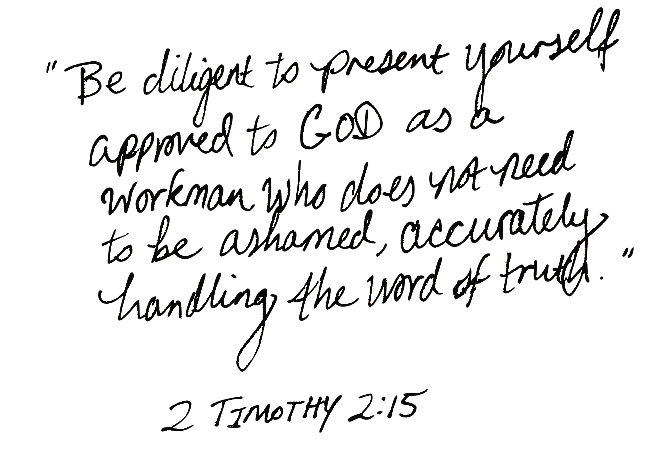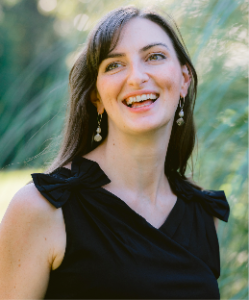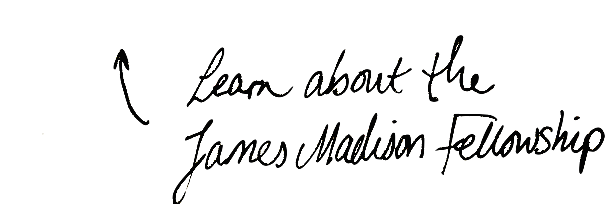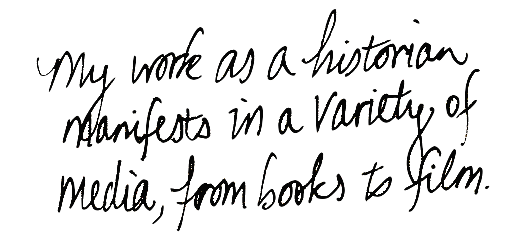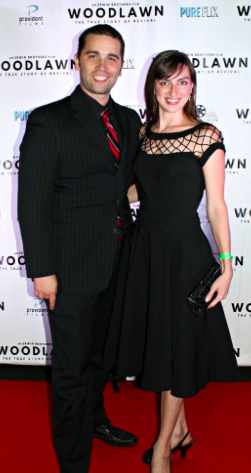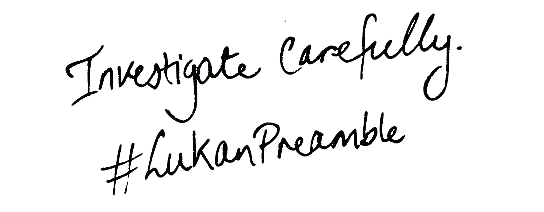
While it’s tempting to dismiss Abby Sunderland’s voyage as misguided and pointless, many challenges accepted in society are just as ridiculous.
GULF SHORES, AL – The solo circumnavigation voyage of 16-year-old Californian homeschooled student Abby Sunderland has come to a halt due to unfortunate weather conditions. What in the world was she doing?
A year ago, 17-year-old Zac Sunderland made headlines for being at that time the youngest person to circumnavigate the world – alone. It was an impressive feat rather becoming to a researcher, die-hard sailor or an adventurer full of wanderlust. But otherwise, why do it?
“Society puts younger people, like 15 through 18, in kind of a box,” Sunderland told the media after he returned from sea. “No one’s really expected to do much. They kind of just tend to go to high school and play football and that’s pretty much it. There’s so much more potential that people can do with the right motivation and the right ambition in life. So my thing would just be to get out there and do hard things. Go for it.”
The young navigator’s progress was followed by the Rebelution blog, a website dedicated to encouraging youth to surpass society’s lowly expectations for juveniles. Alex and Brett Harris, twin brothers, authors of the book Do Hard Things and founders of the Rebelution movement, had a wonderful response to Sunderland, who subsequently appeared at one of their conferences:
“As you rest up and consider your next big conquest, let’s join our hearts and minds together in prayer and planning to help make it even more useful to God and more beneficial to others. Not just by getting better sponsorships or more media attention, but by using the adventure itself to draw attention to some issue that needs it…[s]ome of our regular readers may wonder why you are pursuing such a unique calling. But maybe that’s because we’ve never really thought about what a sold out Christian adventurer could accomplish for God through his or her claim to fame.”
I met Alex and Brett Harris last year at the Do Hard Things tour in Gadsden, Alabama. They are very bright and genuine guys with a no-nonsense message that Congress probably ought to hear. The Do Hard Things message has both highlighted and inspired a chain of exciting accomplishments by young people that are wonderful to emulate – teens working to fight slavery (human trafficking), abortion, homelessness, disease, hunger and thirst worldwide.
Then there is the dashing Zac Sunderland, who sought to inspire young people to not be afraid to reach for anything, no matter how impossible it seems. The person he ended up most memorably inspiring thus far is his little sister, Abigail. Oddly enough, it appears she was inspired merely to copy his inspiring itinerary. However, Abby Sunderland says that her heart was actually set on sailing around the world before her big brother did it, but her parents made her wait until she was older (read her story in her own words at www.abbysunderland.org).
Did the Sunderland parents make a mistake by eventually allowing their minor aged daughter to attempt such a trip – and subsequently nearly get lost at sea? In the Sunderlands’ defense, their minor aged son had been successful on his voyage, so one can understand why they would allow their second child to reach for the same goal. Also, the Sunderlands are a sailing family that has routinely worked with boats and the sea. Abby says she has been preparing her whole life for this journey, echoing what Zac said before he set sail.
On the one hand, the outrage against the Sunderland parents might be a result of the low expectations of society. Too many underestimate the mature capabilities of kids to do hard things, and they routinely place them in cushy, ultra-sterile environments out of fear.
On the other hand, the particular hard thing at stake is a rather pseudo-challenge. Why put one’s self in a dangerous situation to inspire people when the same inspirational trip was already completed by your older brother? Or when getting from one side of the globe to another is no longer the final frontier? Surely there are more relevant challenges to pursue than breaking solo circumnavigation records. Yet I should not discredit the challenges of the sailing sport anymore than Zac Sunderland should discredit the challenges of football.
While it is tempting to dismiss Abby Sunderland’s struggle as misguided and pointless, we should remember that much of what society subscribes to is at least as ridiculous.
My sister just took the ACT for the first time on Saturday, which conjured up memories of my own college admissions exam experience. The ACT is not, in actuality, a useful hard thing. Its quizzical approach is only made difficult through time constraints. Some test coaches say the ACT’s infamous science section is impossible to analyze thoroughly in 40 minutes because the goal of the exam is to make you “not think too hard.” The pseudo-challenge is most insulting in the optional writing test: 30 minutes to write a well-developed essay on a surprise topic, which is then supposed to gauge your writing abilities for the prospective colleges.
Never mind the fact that, in reality, such an assignment is very unlikely and absurd. When I took the ACT Writing Test at the age of 18, my results were horrendously low. The judges labeled me as having poor writing ability with only a possible chance of improving – although their meager rationale was that I “provided some specific examples, but not enough.” That’s because when I write about something, I want to know what I’m talking about rather than make up unknown examples. Especially under a 30-minute time limit.
They would have been surprised to know that at that time I had published an e-newsletter, been honor secretary in a 4-H Club at age eight, contributed to several magazines, authored a screenplay and blogged for two years – all of which were writing challenges, but not bureaucratically approved pseudo-challenges.
I saw President Obama and his entourage drive by in Gulf Shores the other day. The beach is coated with sticky tar blobs, and the scent of petroleum is in the air. My father’s company has been working towards developing microbial bioremediation to help clean up the oil spill.
But in the midst of the greatest environmental disaster in history, where is Al Gore et al.? One of the scientists mentioned to my mother that it is rather peculiar that environmentalists are quiet about the oil spill – perhaps until you realize that some of them have ties to humiliated BP.
Furthermore, environmental extremists played a key role in the oil spill by making off shore drilling harder and more dangerous than it needs to be. Distraught over the thought of oil rigs nearby, the rigs were pushed farther out at sea, which resulted in plunging depths that hinder maintenance.
Off shore drilling got pseudo-challenged. Thus, in attempts to avoid environmental displeasure, the ability to solve environmental disaster was compromised.
When the President addressed the nation about the oil spill the other night, he didn’t focus much (if at all) on clean up solutions. Rather, he talked about politically charged notions of alternative energy so disasters like the one we’re experiencing will no longer be relevant.
But we must clean up the mess first, and solve the problems that were just made, not develop pseudo-challenges. Alternative energy sources might be good in theory or for some things, but they can’t be established overnight (and they have their own set of risks, I’m sure). Besides, how on earth does anyone intend to run cars and airplanes off of wind and solar power?
I have to admit that at least Abby Sunderland sailed on a real boat in a real ocean. I would take that over the ACT or fanciful government solutions any day.
Read more of Amanda’s column Not Your Average Read in the Communities at The Washington Times.

